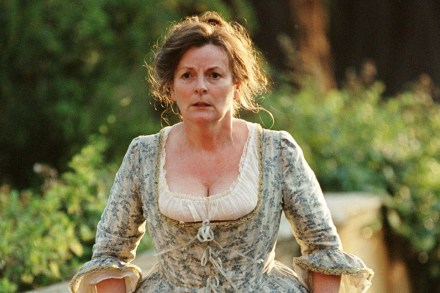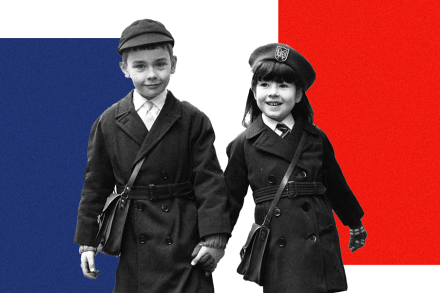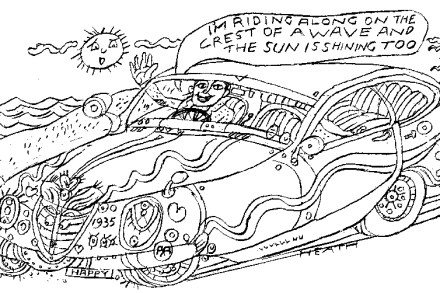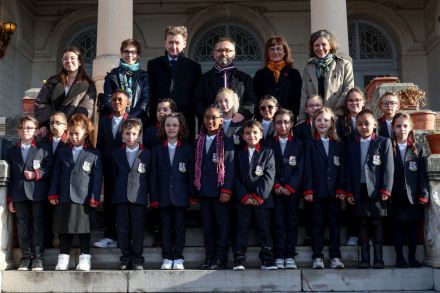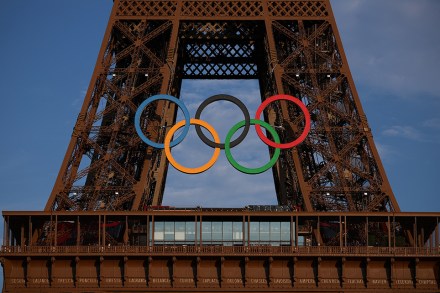Move over, Mrs Bennet – I’ve seen two daughters married in less than a month
Provence A few days before my middle daughter’s Oxfordshire wedding this summer, my youngest announced that she and her fiancé, who’ve been together for years, were getting married within weeks. They’re moving abroad and bringing their wedding forward would help, she said. Two daughters married in less than a month. Mrs Bennet would be proud or envious. On hearing the news I panic-booked an easyJet flight to Edinburgh for the day before the youngest’s wedding, only to realise it got in at midnight, just 12 hours before the ceremony, and had to abandon that and rebook for the previous day. Usually the journey to Nice airport takes an hour and
